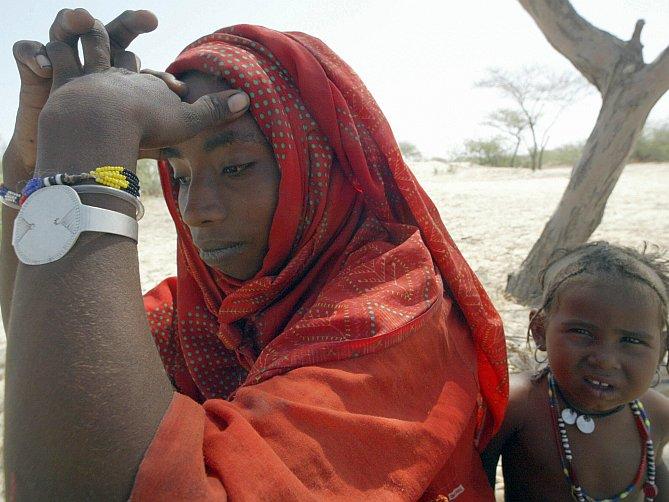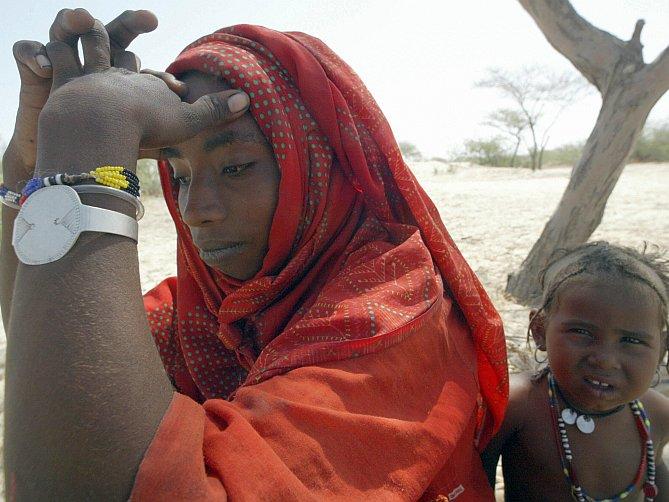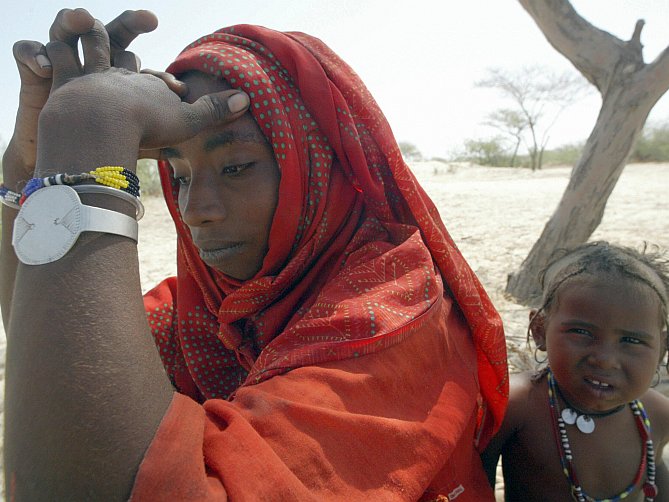“How are you?”
“Fine.”
Lurking beneath the surface of this simple response could be the void of depression, “I feel dejected, lonely, absolutely hopeless.” The World Health Organization (WHO) estimates 350 million people globally suffer from depression, and the number is growing.
The WHO projects depression will be the No. 1 global disease burden by 2030, surpassing heart disease and cancer. It is anticipated that it will be No. 2 by 2020. The global burden of disease is measured by the number of years of life lost due to the affliction. “Years of life lost” includes both years lived in a state of poor health and years lost due to premature death.
“This is a watershed of a problem for which most nations are not prepared, unless they gear up to do something about it,” said Dr. Elizabeth Carll, chair of the NGO Committee on Mental Health at the United Nations, during a panel discussion at the U.N. in New York on Oct. 11. The event commemorated World Mental Health Day.
As Carll said, many nations are unprepared to tackle the growing problem. Fewer than 50 percent of people affected by depression in the world (in some countries, fewer than 10 percent) receive treatment, according to the WHO. Such people are often stigmatized and discriminated against.
Leading causes of depression include poverty, homelessness, crime, violence (especially family violence), war, environmental degradation and disasters, economic vulnerability, unemployment, and lack of education. The WHO has said that the global economic downturn is a contributing factor to increased depression.
Symptoms of depression include low energy, sadness, loss of interest or pleasure, feelings of guilt or low self-worth, disturbed sleep and appetite, and poor concentration.
Depression is currently among the 10 leading causes globally of years spent living in a state of poor health.
But most tragically, depression can lead to suicide. Nearly 1 million people commit suicide every year, 86 percent are in low- to middle-income countries.
Suicide is among the three leading causes of death for people under the age of 25. Depression is one of the most important risk factors for suicide, particularly concerning adolescents and women of reproductive age.
The World Health Assembly passed a resolution in May to call for a global response to mental disorders at the national level. It includes increased education, human rights protection for people suffering from depression, and integration of mental health policies into general health care.
At the panel on Oct. 10, Dr. Jacob Kumaresan, executive director of the WHO office at the United Nations, emphasized the role civil society can play in fighting the spread of the mental disease.
“We have all the knowledge, but it has to be translated into something simple for the people to understand: that they, together with the others, can make a difference,” Kumaresan said.
Experts at the panel also said that recognizing the inseparable link between mental and physical health could be key in battling the disease.
Terrie Williams, an advocate for people suffering with depression and a trained social worker, writes in her book “Black Pain: It Just Looks Like We’re Not Hurting” that depression does not affect everyone the same way.
“Not all people experience the same symptoms, but there are some telltale signs that are very common. If you recognize that you, or someone close to you, have been experiencing some of these symptoms, don’t ignore them. Give voice to your feelings and speak up. No one should, or has to feel this way.”
The Epoch Times publishes in 35 countries and in 19 languages. Subscribe to our e-newsletter.







